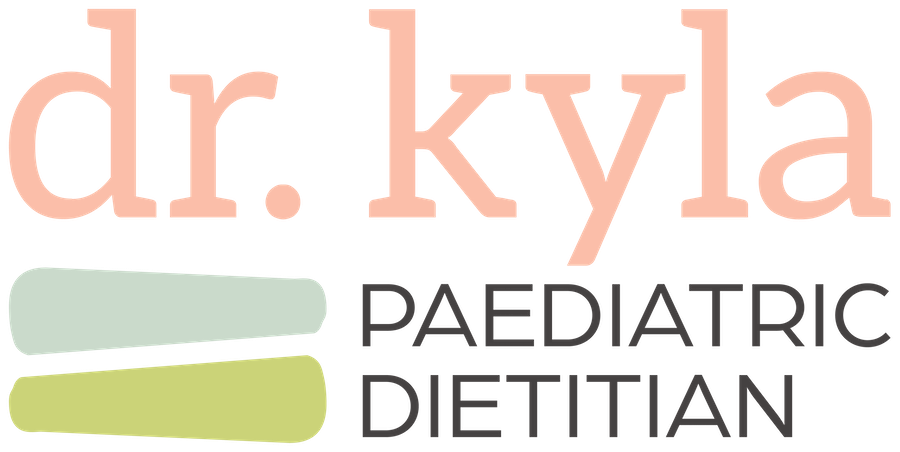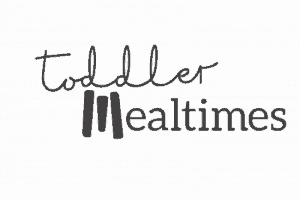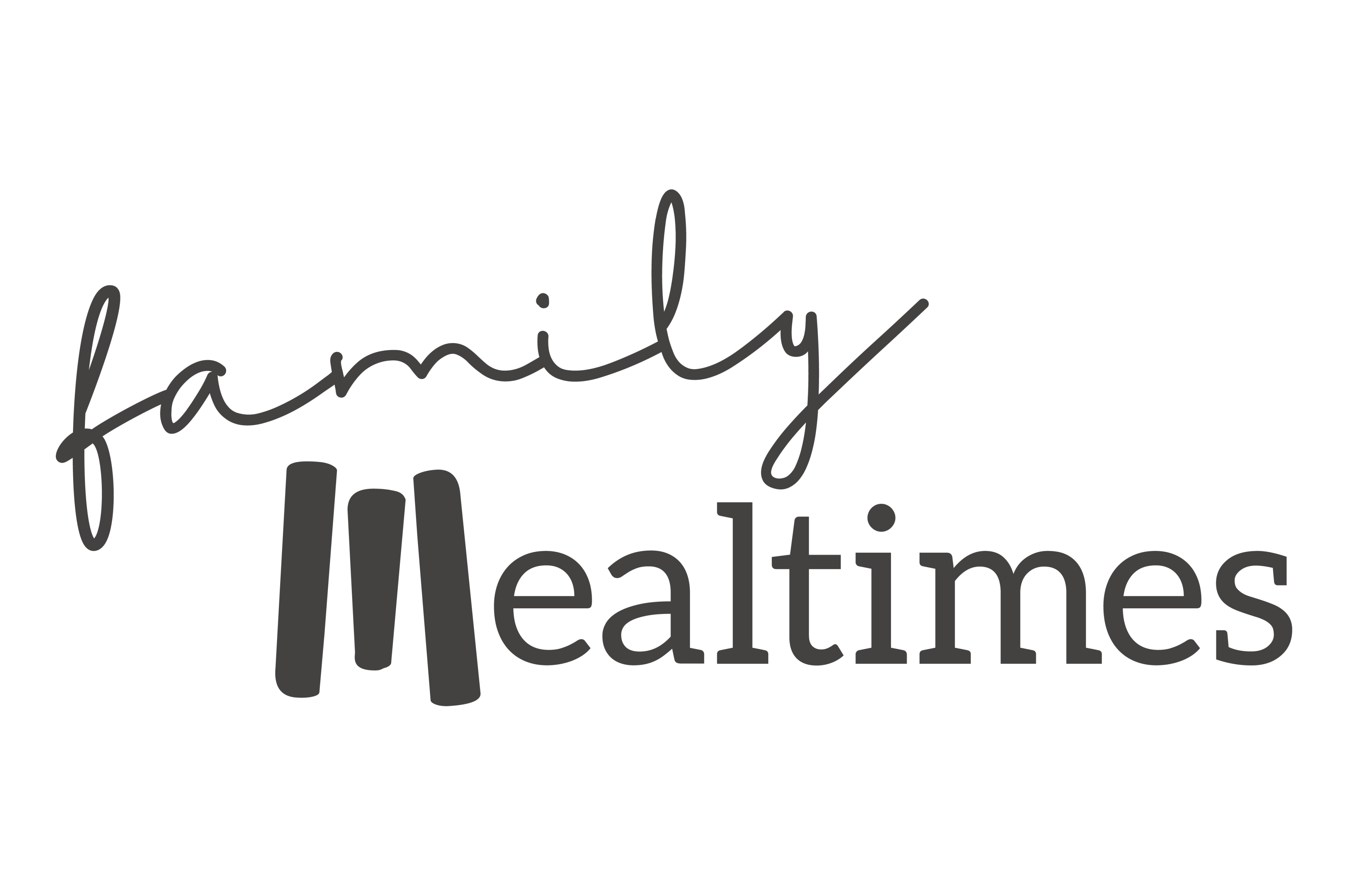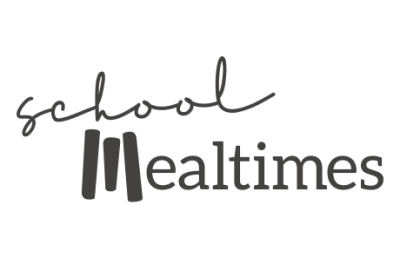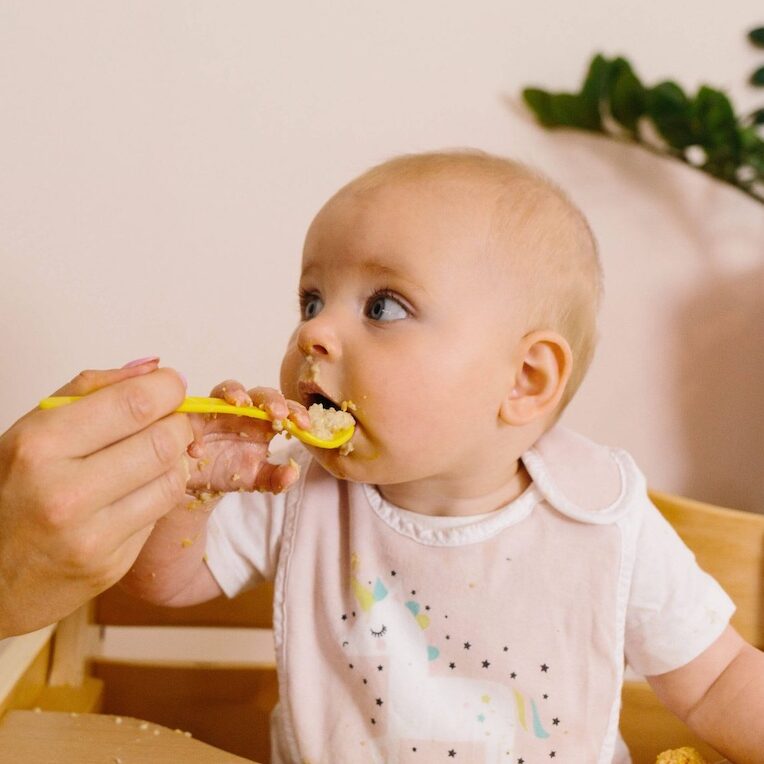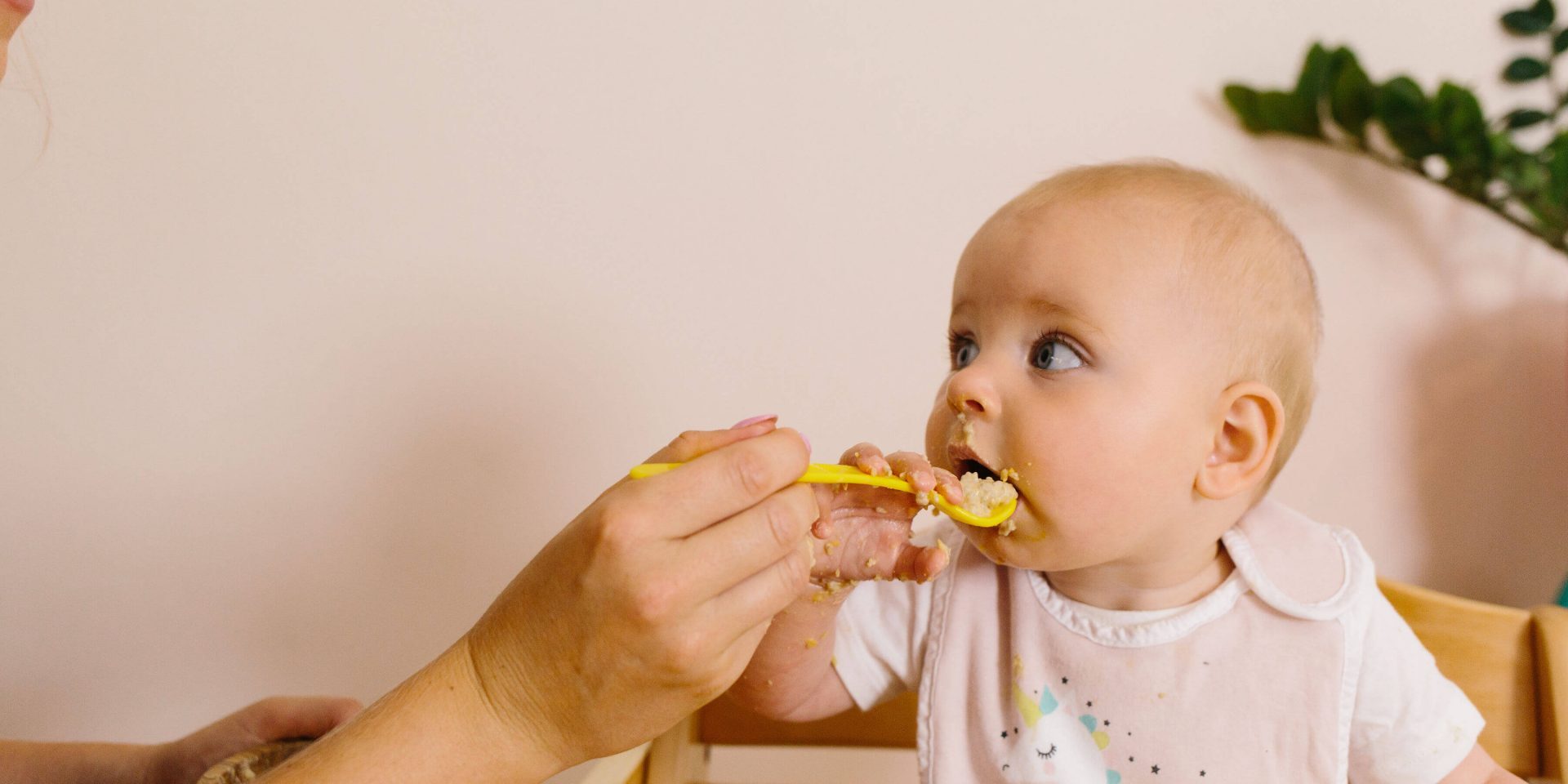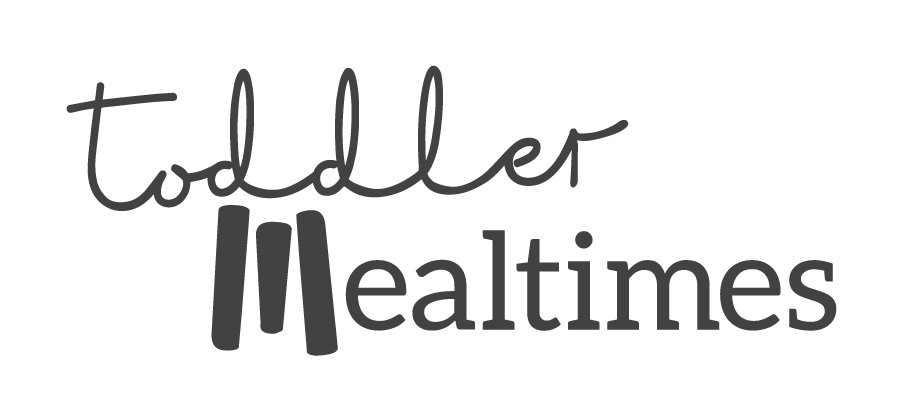Want advanced access to my weekly Chewsday Reviews?
Every Tuesday morning receive the latest Chewsday Review delivered directly to your inbox.
Please enter your name.
Please enter a valid email address.
Something went wrong. Please check your entries and try again.
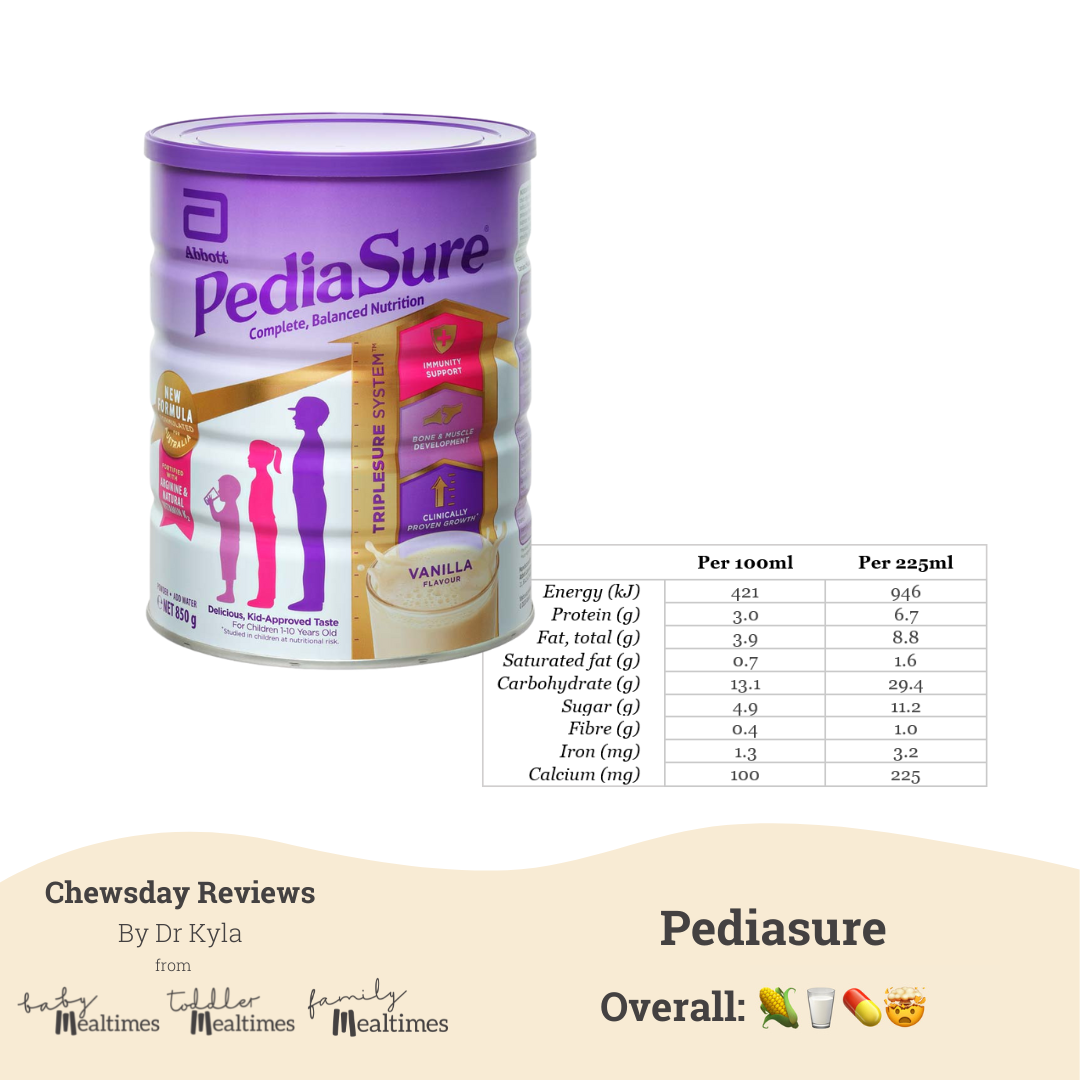
Pediasure | Chewsday Review
 Ingredients
Ingredients
- Hydrolysed corn starch, sucrose, sodium caseinate, high oleic sunflower oil, soy oil, medium chain triglycerides (MCT) oil, MINERALS (calcium phosphate tribasic, potassium citrate, magnesium chloride, potassium phosphate dibasic, potassium chloride, sodium citrate, ferrous sulphate, zinc sulphate, manganese sulphate, cupric sulphate, chromium chloride, potassium iodide, sodium molybdate, sodium selenite), whey protein concentrate, flavouring, VITAMINS (choline chloride, ascorbic acid, ascorbyl palmitate, niacinamide, dl-alpha tocopheryl acetate, calcium pantothenate, thiamin hydrochloride, pyridoxine hydrochloride, riboflavin, Vitamin A palmitate, folic acid, beta-carotene, biotin, Vitamin D3, phylloquinone, cyanocobalamin), inositol, taurine, l-carnitine.
- This ingredients list looks looooong. If you skimmed it, Pediasure contains three main ingredients: corn starch, sugar and milk proteins, plus a load of added vitamins and minerals.
- I need to point out that online stockists state “Food for Special Medical Purposes. Use only under medical supervision.” I cannot fathom how this can be marketed to the general public.
- Allergens: cow’s milk and soy.
 Positives
Positives
- There are 28 vitamins and minerals added to Pediasure, which are essential for children who are solely fed Pediasure for medical reasons. Australian Health Survey data shows that while most Aussie kids get enough nutrients to prevent deficiencies, they are lacking in key food groups like fruit and vegetables. The benefits of eating these foods cannot be replaced by a nutrient supplement like Pediasure. On top of this, when I compared it to regular cow’s milk or Up&Go, the only key differences were that Pediasure is higher in iron, DHA (omega-3 fatty acid) and Vitamin D. There are minor differences in amounts of B vitamins and some minerals like zinc and copper, but not enough to be important.
- Pediasure contains iron, which can be a nutrient that’s hard for fussy eaters to get enough of. But to be clear, Pediasure is not an iron supplement, it just has some iron in it. If your child has been diagnosed with low iron, your GP needs to prescribe a specific dosage of a therapeutic iron supplement (not Pediasure) to bring levels back to within the normal range. And interestingly, one serve of Pediasure contains 3.2 mg of iron, which is about the same as a serve (30 g) of low sugar Cheerios (3.0 mg) or 2 Weet-bix (3.0 mg).
 Negatives
Negatives
- Offering supplement drinks to your child regularly isn’t a long term solution, and could be a slippery slope for kids who prefer the ease of drinking over the challenge of a meal.
- Pediasure is expensive. It’s just under $50 for a tin, so you could end up paying about $2.60 per serve. A serve of Pediasure is six times the price of a cup of cow’s milk, or twice as much as an Up&Go. Some hospitals will provide a subsidy or cover the cost of supplement drinks for children who are treated in that hospital and prescribed them by a dietitian (ie/ under medical supervision).
 Marketing
Marketing
- “Complete, balanced nutrition”. When made up as directed, Pediasure powder is a “nutritionally complete” product. This means that children who rely on Pediasure as their only source of nutrition, either by drinking it or having it via a tube feed, can meet 100% of their nutritional needs. This is not important for children who are able to eat food.
- Contains “28 nutrients including essential vitamins and minerals to help support a healthy appetite”. So many parents are worried their child doesn’t eat enough, and Pediasure is capitalising on this fear. The claim of increasing appetite is based on a study in the Philippines that Abbott (the producers of Pediasure) paid for. In the study a group of children received Pediasure twice a day, and their parents were asked to rate whether their child’s appetite had improved over a 48 week period. There was no control group (for comparison), and parents were receiving free supplement drinks and dietary counselling for their children, so it would be hard to rule out the influence of this on parents’ ability to stay impartial. I also note that part of their nutrition education included encouraging structured meals and snacks. This may have reduced the likelihood of the children grazing across the day, and in turn improved appetite at meals and snacks.
- “Immunity support”. They are really hitting parents where it hurts (my children are home sick from daycare more than they’re at daycare, so I get the desperation). This claim is based on the same study as above and parents reported less sick days. Given the families also received nutrition education and counselling, can we really be confident to claim that the Pediasure alone is enough to improve immunity? And is a report of less sick days even an accurate reflection of immunity? I say no. To best support your child’s immune function you can offer your child a variety of food, encourage good sleep and hand hygiene and prioritise plenty of outside play. Pediasure will not help your child have less sick days from childcare.
- So in short, these claims are not based on strong evidence, and I take issue with the so-called ‘findings’ being used as marketing messages.
 Alternatives
Alternatives
- I compared a serve of Pediasure with 2 Weet-bix and 200ml of milk, and nutritionally there wasn’t a huge difference. I found that the Weet-bix and milk was higher in protein, iron, fibre, dietary folate equivalents, magnesium and iodine. To be fair, Pediasure was higher in DHA, vitamin D, vitamin E, vitamin C and copper (but no one ever talks about copper deficiency because it is so rare). So which nutrients do our kids actually need? Well, generally Aussie kids are getting enough protein and enough of most vitamins and minerals. Iron and fibre are two key nutrients that a lot of fussy eaters struggle with, both contain roughly the same amount of iron, and fibre is higher in a serve of Weet-bix with milk than a serve of Pediasure. LET THAT SINK IN. Oh and on the cost again, Pediasure is four times more expensive than a serve of Weet-Bix with milk…
- If you are worried that your child is deficient in key nutrients, please speak to your GP and consider seeing a paediatric dietitian for a full dietary and growth assessment and ongoing support.
- In our current climate there have been shortages of nutrition supplement drinks and products in some areas, and if you are buying them (without a prescription or a real need), then you could be using valuable stock that is critical for children with medical conditions, disabilities and/or malnutrition. Please do not give your child Pediasure unless you are directed to do so by a health professional (ideally a paediatric dietitian).
Hungry for More? Related Reviews
Sorry, we couldn't find any Reviews that match that criteria.
